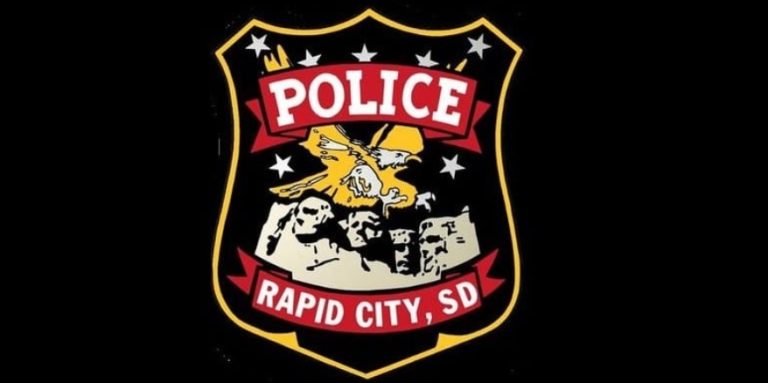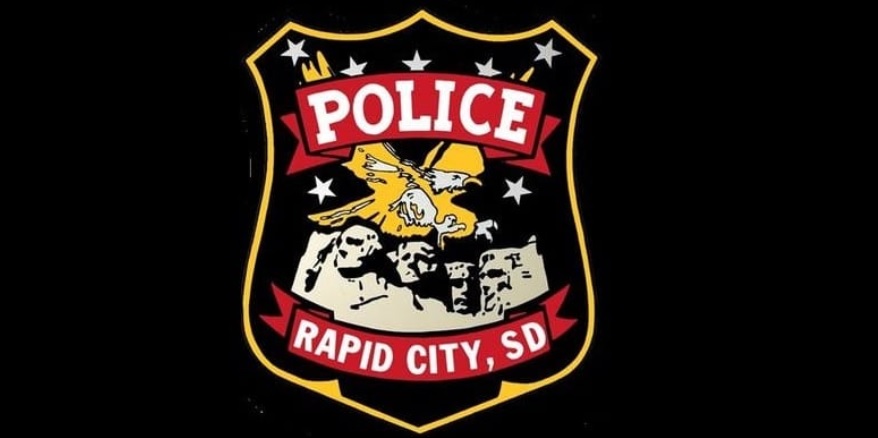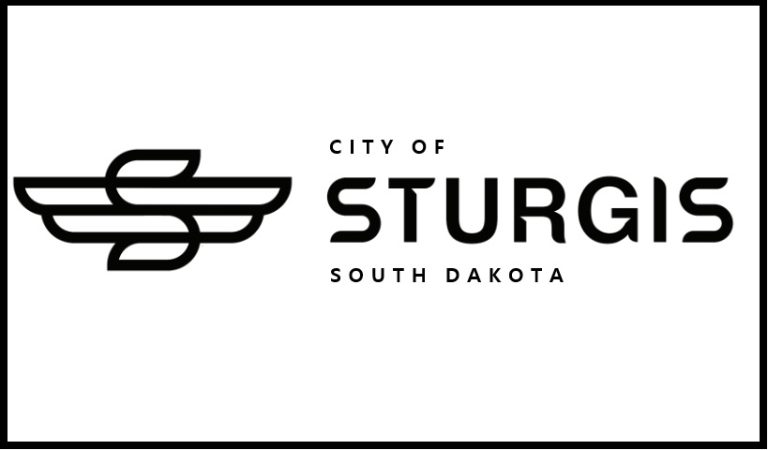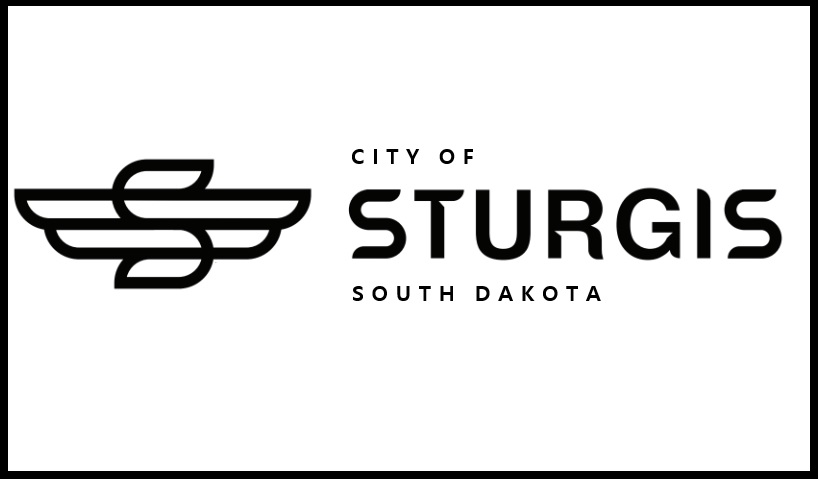Special to Memorial Day…
STURGIS, SD – A global conflict that defined a century was WWI. A four-year battle fought in the fields, the bloodiest in European history, a war which was supposed to end all wars. Sacrifices were made which should never be forgotten, especially the contribution of the stoically silent volunteers regarded as the ultimate war machines.
Horses were the backbone of the Allies’ effort, essential to what ultimately would be victory.
The British Army alone deployed more than a million horses and mules, buying over 617,000 from the US and Canada. Indeed, according to the National Army Museum, Britain sent more hay and oats by weight than ammunition to France.

When the war began in 1914, the British Army possessed just 25,000 horses – within 12 days 140,000 had been purchased.
More would come from the United States Army Remount Service. There were three remount depots in the United States when the U.S. entered WWI in April 1917. They were located at Front Royal, Virginia, Fort Reno, Oklahoma, and Fort Keogh, Montana. Between 1914 and 1918, the US sent almost one million horses overseas, and another 182,000 were taken overseas with American troops. This deployment seriously depleted the country’s equine population. Only 200 returned to the US.
The Horse the Germans Couldn’t Kill…
Foaled on the Isle of Wight in 1908, Warrior went to war on the Western Front with Winston Churchill’s great friend, General Jack Seely, in 1914. There he survived all imaginable disasters, was active in many famous battles including those at the Somme and Ypres and he came back four years later.
Eight million other horses and mules did not.
Returning with Jack Seely to his native Isle of Wight in 1918, he lived on until the grand old age of 33, even winning a point to point four years to the day that he had led the charge at Moreuil Wood.
His obituary in the Evening Standard in 1941 read ‘Horse the Germans Could Not Kill’
100 Years Later…
In September 2014, 100 years after Warrior went to war on the Western Front, he was awarded the PDSA Dickin medal, recognised at the animals Victoria Cross and honouring all the animals that served in the Great War.
In a story written by Aimee Lewis, CNN, she wrote, “On the banks of France’s Arve river, the horse the Germans could not kill faced his most dangerous mission yet.
The star-foreheaded Warrior, who arrived on the Western Front in August 1914, had survived four years of shells and bullets, come through the horrors of Ypres, the Somme and Passchendaele, and was now about to lead one of the last great cavalry charges in history.
In the saddle was General Jack Seely. The pair advanced, galloping at speed for half a mile on muddy terrain before mounting a hill.
Behind the thoroughbred on that morning of March 30, 1918, were 1,000 horses of the Canadian Cavalry; a brigade of cowboys, Mounties, clerks, and Americans. Squadron after squadron followed Seely and Warrior, supported by the Royal Flying Corps which dropped 190 bombs.
Morning turned into a rainy afternoon, then light faded. Warrior survived, as did most of Seely’s command, and Moreuil Wood was taken by the Allies, bringing German advancement to a halt.
Warrior returned home to the Isle of Wight in 1918, living on the island off the south coast of England with the Seely family until his death aged 33. Dubbed “the horse the Germans can’t kill,” by Canadian soldiers, Warrior’s obituary would appear in English newspapers The Times and Evening Standard. In 2014, he posthumously received the Honorary PDSA Dickin Medal, known as the “animal Victoria Cross.” “













